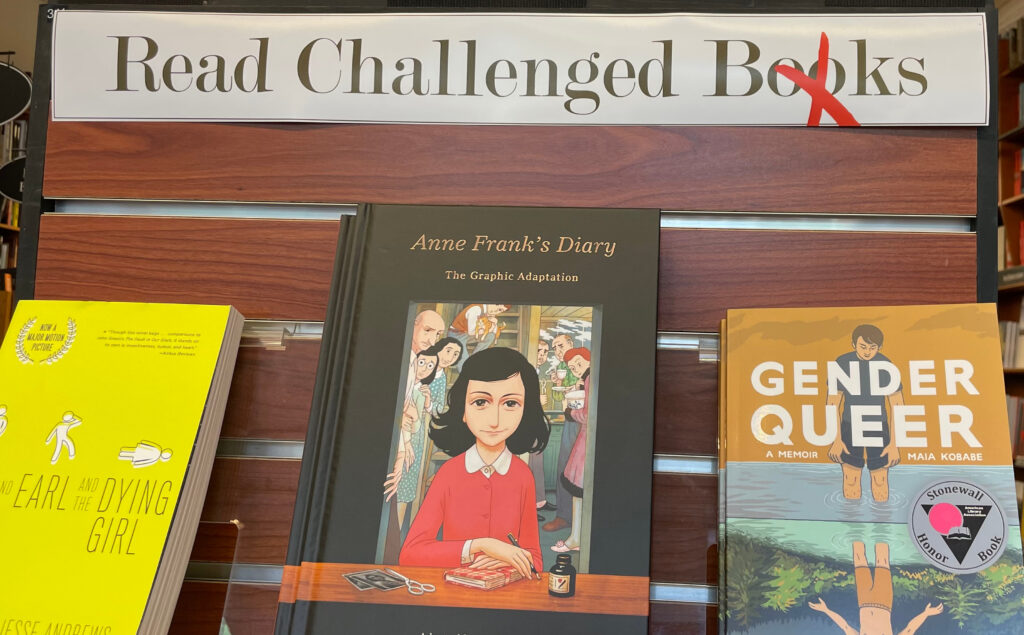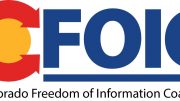By Jeffrey A. Roberts
CFOIC Executive Director
Are people who want books banned or reclassified library “users” whose identities are protected by Colorado law?
The Colorado Court of Appeals said yes in an opinion issued last month, but now the editor of the Crested Butte News wants the state Supreme Court to review and reverse that ruling.
In a certiorari petition filed Monday, Mark Reaman argues that the appellate judges incorrectly interpreted the words “user” and “service” in the library-user privacy statute, which prohibits public libraries from disclosing records or information that identify a person “as having requested or obtained specific materials or service or as otherwise having used the library.”

The Court of Appeals failed to consider the legislative history of the law and its purpose, which is “to safeguard the privacy of patrons accessing books and other materials at libraries — not to shield the identities of persons seeking to have books removed from library shelves,” says the petition, drafted by Rachael Johnson, a Colorado-based attorney with the Reporters Committee for Freedom of the Press.
The legal dispute over the library-user privacy law began with a Crested Butte resident’s submission of a form in 2021 asking the Gunnison County library to remove or reclassify Gender Queer: A Memoir. The resident, Rebecca White, described the book as “pornographic,” according to the Crested Butte News, and later unsuccessfully sought criminal charges against library district executive director Andrew Brookhart for allegedly violating the library law. But the library district board did not move the book from the young-adult section following a well-attended public meeting.
Brookhart sought a judicial clarification of the statute after Reaman made a Colorado Open Records Act request for unredacted copies of all “Request to Reconsider Materials” forms submitted to the library district in early 2022. That led to a district court ruling in 2022 — that the forms must be disclosed but with names and other identifying information redacted — and the October opinion from the Court of Appeals.
The appellate judges concluded that “the die was cast” in the case when the library district “created and posted a form to allow any person to seek the removal or restriction of any item in the library’s catalogue … The requesters’ completion and submission of the library’s reconsideration forms satisfy the plain meaning of requesting or obtaining a library ‘service’ for purposes of section 24-90-119(1).”
But Johnson, in the petition submitted for Reaman, wrote that exceptions to CORA — including the library-user privacy provision — must be construed narrowly, according to numerous court rulings. She researched the passage of the 1983 House bill and found that lawmakers and supporters “repeatedly focused on library patrons and, specifically, protecting their freedom to read.”
‘Construed narrowly and consistently with the General Assembly’s intent,” the petition says, “… CORA’s exception for records of library ‘users’ does not apply to records of persons who — far from using a library service —seek to change Library District policy to restrict what books and other materials will be available to library patrons.”
“There is nothing in the legislative history that would suggest the General Assembly intended a maximalist construction of the term ‘user,’” it adds.
Follow the Colorado Freedom of Information Coalition on Twitter @CoFOIC. Like CFOIC’s Facebook page. Do you appreciate the information and resources provided by CFOIC? Please consider making a tax-deductible donation.




